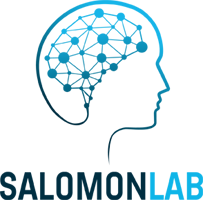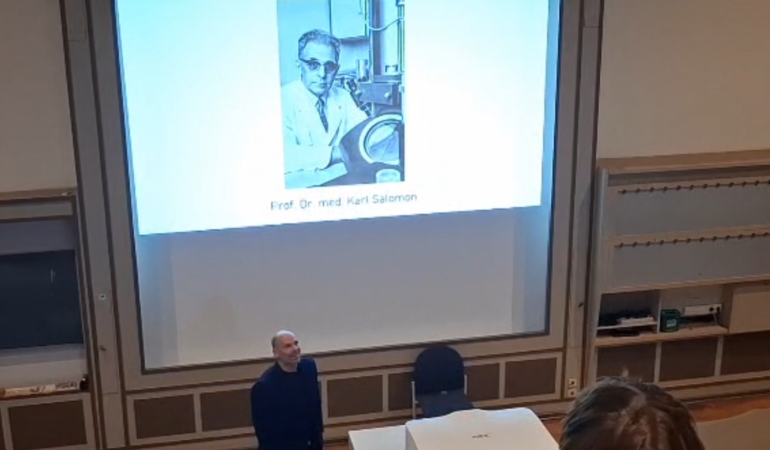
Roy Salomon Presents NOVA Survivors Research at Charité – Universitätsmedizin Berlin
On December 16, Dr. Roy Salomon delivered an invited talk at Charité – Universitätsmedizin Berlin, presenting recent findings from the NOVA survivors project. His lecture focused on trauma exposure, long-term psychological consequences,and psychedelics. Dr. Salomon opened his presentation with a personal reflection on his family’s history at the Charité. In 1933, his grandfather, Professor Dr. Karl

Slab celebrates HanuChristmas!
The Slab celebrated HanuChristmas with a warm and joyful evening at the home of our PhD student, Avraham. We lit the Hanukkah candles together, prepared delicious sufganiot, enjoyed a beautifully decorated Christmas tree, and shared hot wine. It was a lovely evening of shared traditions and good company!
Introducing the Psychedelic Watches Project: Mapping the Physiology of Psychedelic-Assisted Therapy
Our lab is leading an innovative multi-site research initiative aimed at uncovering the physiological signatures of psychedelic-assisted therapy. This project, led by postdoctoral researcher Dr. Lisa Simon and MA student Mary Grankin, is currently underway at several leading psychiatric hospitals and clinics across Israel, where clinical trials are investigating psychedelic treatments for PTSD, treatment-resistant depression,
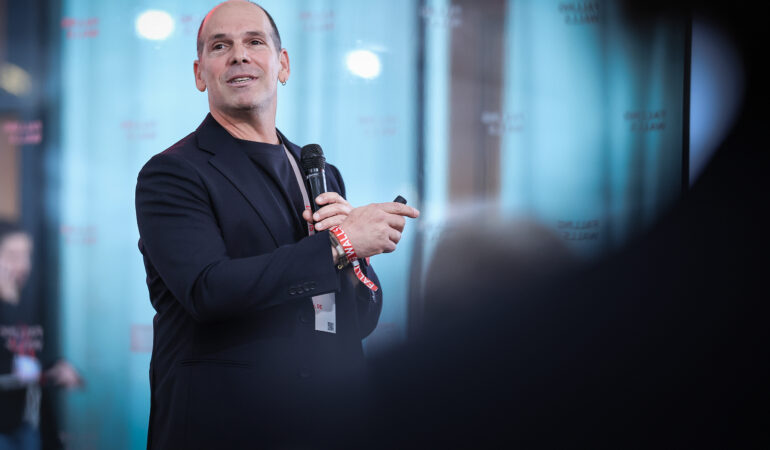
Prof. Roy Salomon Presents at the Falling Walls Science Summit, Berlin
On November 6th, Prof. Roy Salomon participated in the Falling Walls Science Summit in Berlin, speaking in the session “Breaking the Walls of Trauma: Psychedelics and Recovery.” The event brought together leading researchers and clinicians to discuss emerging evidence on psychedelic-assisted therapies and their potential role in treating trauma-related disorders. Prof. Salomon joined Dr. Dimitris Repantis (Charité

Minerva-Gentner Symposium in Dresden
Our lab was well-represented at the recent Minerva-Gentner Symposium in Dresden, where leading researchers gathered to examine how trauma shapes our lives, from neurobiological mechanisms to clinical interventions and resilience. Prof. Roy Salomon presented our lab’s work on how psychoactive substances impact trauma processing, with particular emphasis on the protective role of MDMA in the

SafeHeart Conference – Trauma, Psychedelics & Therapy in Wartime
On Wednesday 29 October 2025, the “Trauma, Psychedelics & Therapy in Wartime” conference — hosted by SafeHeart at the Peres Center for Peace & Innovation in Tel Aviv — brought together leading clinicians, researchers and practitioners to explore trauma, altered states and therapeutic innovation in the context of ongoing conflict. Speakers included (among others): Prof.
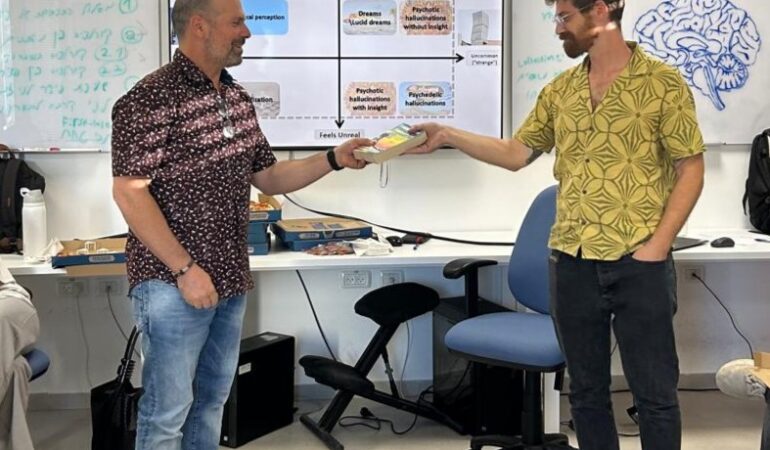
Opening the Academic year with a goodbye
This week, we all gathered for the first lab meeting of the academic year, joined also by Roy who came from Berlin. We discussed our goals for the upcoming year and the various ongoing projects. We then had the pleasure of listening to a presentation by our dear PhD student, Gadi Drori, who has just

New Study Published in World Psychiatry
We are proud to announce the publication of our latest study, “Trauma under psychedelics: how psychoactive substances impact trauma processing”, in World Psychiatry, one of the leading journals in mental health research. Led by PhD student Ophir Netzer, the research follows the October 7, 2023 Nova Festival attack, where many survivors experienced acute trauma while

Ph.D Student Avraham Shmueli Participates in the “Adriatica” Summer School on Brain-Body Interactions and Wellbeing
From September 8th to 12th, Ph.D. student Avraham Shmueli took part in the Brain-Body Interactions and Wellbeing “Adriatica” Summer School held in Pescara, Italy.The program featured lectures and workshops by leading researchers, including Prof. Francesca Feri, Dr. Alejandro Galvez Poll, Dr. Daniel Kluger, Dr. Mariana Bado Rebelo, Dr. Andrea Zaccaro, and Dr. Leah Banellis. As
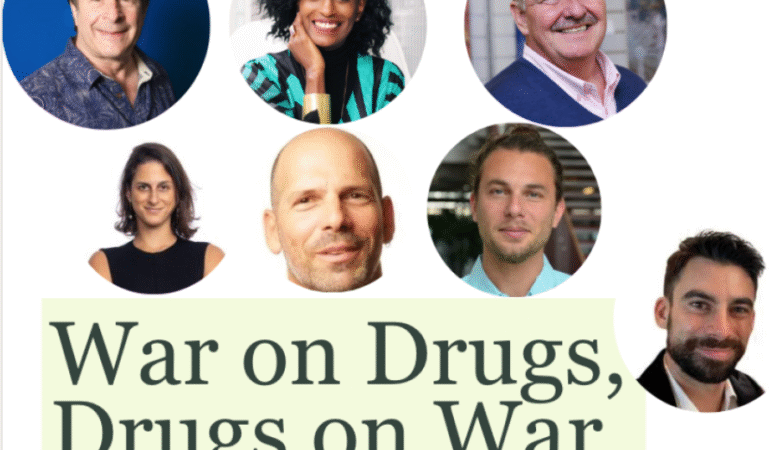
Webinar: Psychedelics, Trauma & Conflict
Our lab took part in the international webinar “War on Drugs, Drug on War”, which explored how psychedelic research and therapy can contribute to trauma healing and conflict resolution in regions affected by war and violence. Prof. Roy Salomon and PhD student Ophir Netzer from the lab presented their research alongside leading experts in the
